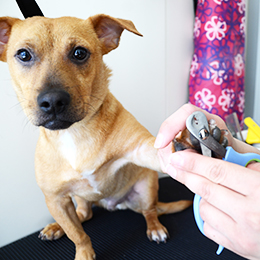6 Critical Health Warning Signs Every Dog Owner Should Watch For
1. Changes in Appetite or Water Consumption
Sudden loss of appetite or excessive thirst can indicate serious health issues requiring immediate veterinary attention.
2. Unusual Lethargy or Energy Loss
If your normally active dog becomes sluggish or refuses to play, this could signal underlying health problems.
3. Difficulty Breathing or Excessive Panting
Labored breathing, especially when at rest, may indicate heart problems, respiratory issues, or overheating.
4. Persistent Vomiting or Diarrhea
While occasional stomach upset is normal, persistent digestive issues require professional evaluation.
5. Limping or Mobility Changes
Any changes in gait, reluctance to move, or signs of pain during movement need veterinary assessment.
6. Behavioral Changes or Confusion
Sudden aggression, disorientation, or personality changes can indicate neurological or pain-related issues.



